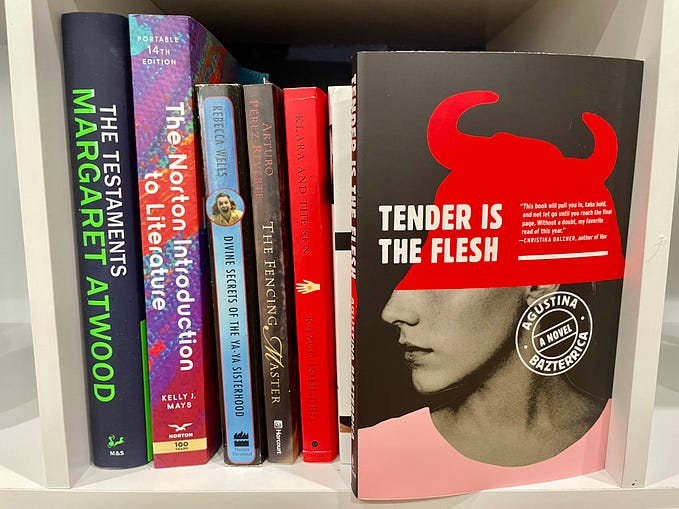The top ten books I read in 2023
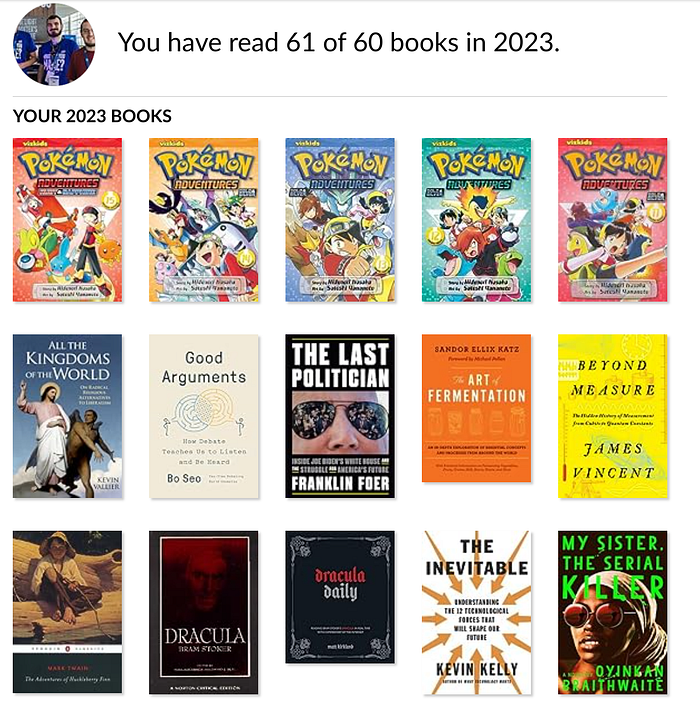
I have read a lot of books in the last year, achieving my goal of reading over 60 in such a short time. This includes a mix of genres and themes and rated them all through Goodreads.
I wanted to share my top ten with everyone, as these were by far my favorites.
Chip War
You are reading this blog post on a computer. I wrote it on one. Chip fabrication is often taken for granted. This book connects the past, present, and future. With the recently passed CHIPS Act, we are already seeing changes in this field which the book addressed.
Chips and geopolitics have been intertwined in many ways this book lays out in great detail.
Science: The Endless Frontier
This is written by Vannevar Bush, who was asked by FDR to write about federal science policies in the post-war era. Bush proceeds to envision a bold future where science steps out of the periphery and becomes a key part of the public sphere.
His vision is banal in some places and enlightening in others. This is a good read for those interested in the CHIPS Act and future federal policies.
Gödel, Escher, Bach
This book was published in the 1980s but felt strangely relevant today with the prevalence about AI and discussions about automated systems. It’s long and often strange, sometimes reading like a math textbook and a fictional story to accent points.
It’s not a short read. It took me about a month to get through it all.
Piranesi
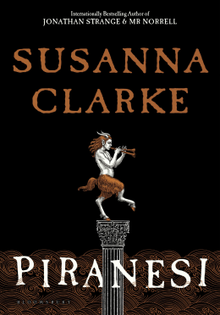
This is a short and tense fiction book that I found riveting. The main character finds themselves in a massive, seemingly endless labyrinth with many halls and very few people. How did he arrive in this labyrinth and what is it exactly? The story unfolds in a slow and enticing way.
Protection or Free Trade
Karl Marx wrote about an inherent tension between capital and labor and that was seen as profound at the time. A few decades later, Henry George looks for a throughline between the two classes and identifies land ownership and protectionism as forces holding back broad prosperity. This book is a bit old and uses formal language but is full of thoughtful quips and a progressive view for the future. We’d do well to study him and his views more.
Sovietistan
When you think of Asia, you probably don’t immediately think of Turkmenistan. A journalist travels through the five central Asian nations and tries to learn from them. All five have been struggling to adapt and modernize in the wake of the Soviet collapse while being highly autocratic and regressive. I think these places will become more important in future years and the stories are told very well.
The Music of the Primes
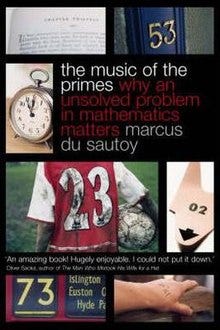
We are all familiar with prime numbers but we don’t really understand them. For centuries mathematicians have been trying to understand why they are, and yet today our progress has only been minimal.
A book about math is hard to report to a broad audience but this author does a good job of making complex concepts approachable.
The Biggest Bluff
I understand the statistics of poker but not the human side of it. One professor decided to try it out and tells the story of how they advanced to the world championship. To learn how, they meet a variety of interesting characters. The whole book reads like a “journey of the hero” myth.
Ghettoside
There are a lot of contemporary books on policing but this one is about policing in Los Angeles in the 1990s, when the city slums were plagued by violence. An officer’s son is an innocent victim, and the journey through the justice system really makes you think a lot about systems and safety. Even today it seems like we fail many communities with what should be a universal justice system.
All the Kingdoms of the World
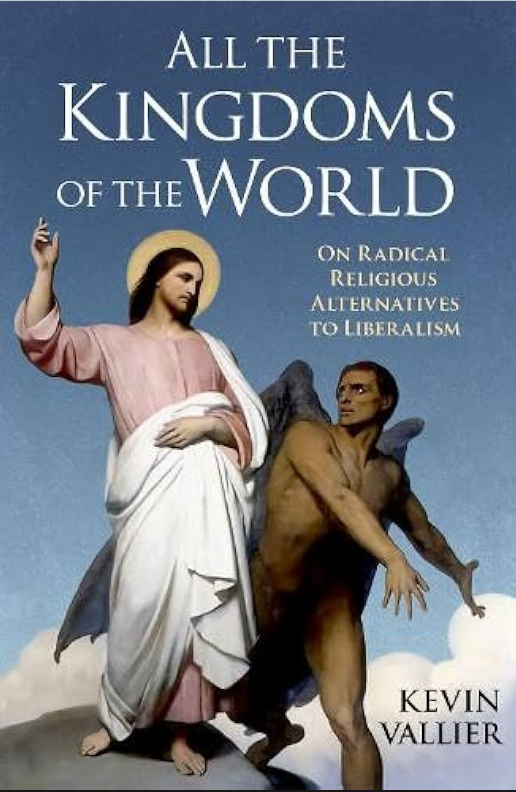
In 2016, with the election of Trump and the affirmation of Brexit, it seemed like the world was turning away from the post-WWII system of liberalism that we had grown to expect. Still, what will be next? Many political groups are vying for power, and this book focuses on a political philosophy called Integralism: putting the Catholic Church as a political overseer of national, state, and local politics.
The author weaves through arguments for and against this philosophy, trying their best to steelman each side. I have a lot of concerns about Integralism but this book does a good job of summarizing the key ideas.
Books in 2024?
What’s next? I hope to read another sixty in 2024 and make more progress on completing my to-read list. This year I read a lot of non-fiction, and I hope to change that.





